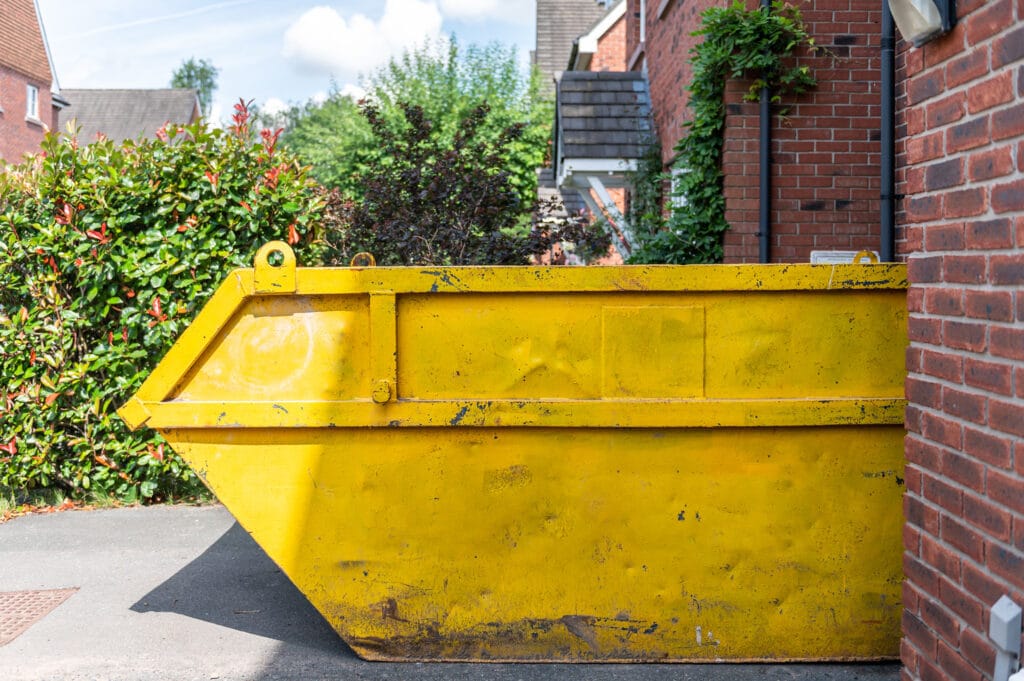Skip hire has become an integral part of waste management in the United Kingdom, serving both residential and commercial needs. As environmental concerns increase, the demand for effective waste disposal solutions has surged, and skip hire has emerged as a popular option.
According to recent statistics, it is estimated that over 1.5 million skips are hired annually across the UK. This figure reflects the growing emphasis on proper waste management practices, influenced by increased construction activities, home renovations, and the initiative to promote recycling. The skip hire industry has adapted to these trends, providing essential services that help mitigate the rising concerns about waste generation and environmental impact.
One of the key benefits of hiring skips is the ability to manage various waste streams effectively. Skips come in different sizes, accommodating a range of materials from household debris to construction waste. The most common waste streams generated from skip hire include:
1. General Waste.
This category consists of non-recyclable materials such as furniture, packaging, and other mixed waste. It often constitutes a significant portion of the waste collected through skips.
2. Construction and Demolition Waste.
As the construction industry sectors expand, the volume of waste generated from building sites has also increased. This includes bricks, concrete, wood, and metals, all of which require specific disposal methods.
3. Green Waste.
With increasing awareness of environmental issues, garden clearance and landscape projects generate green waste, which consists of grass clippings, branches, and other organic materials.
4. Hazardous Waste.
Certain types of waste generated, such as asbestos, electronic waste, or chemicals, require careful handling and disposal due to their potential danger to the environment and human health.
Understanding the different waste streams helps determine how they should be processed. After collecting waste in skips, companies generally take these materials to specialized waste transfer stations. Here, the waste is further sorted, processed, and recycled whenever possible.
The recycled materials from skip hire vary based on the type of waste. For example:
- Metal Scraps can often be melted down and reused in manufacturing.
- Wood can be repurposed for other timber products or transformed into biomass fuel.
- Concrete and Bricks can be crushed and used as aggregate in new construction projects.
- Plastic and glass are also sorted and sent to be reprocessed into new products.
Collectively, recycling efforts from skip hire reduce landfill waste significantly and support the circular economy. Recent studies have shown that around 62% of the waste collected from skips is recycled, helping divert thousands of tons from landfills every year.
In conclusion, the skip hire industry in the UK not only plays a critical role in waste management but also contributes to sustainability efforts by promoting recycling and responsible disposal practices. As more individuals and businesses opt for skip hire, it’s crucial to continue advancing recycling technologies and increasing public awareness about proper waste disposal, ensuring that the UK moves toward a greener future. Ultimately, responsible waste management through skip hire benefits not just the environment but also adds value to communities nationwide.
